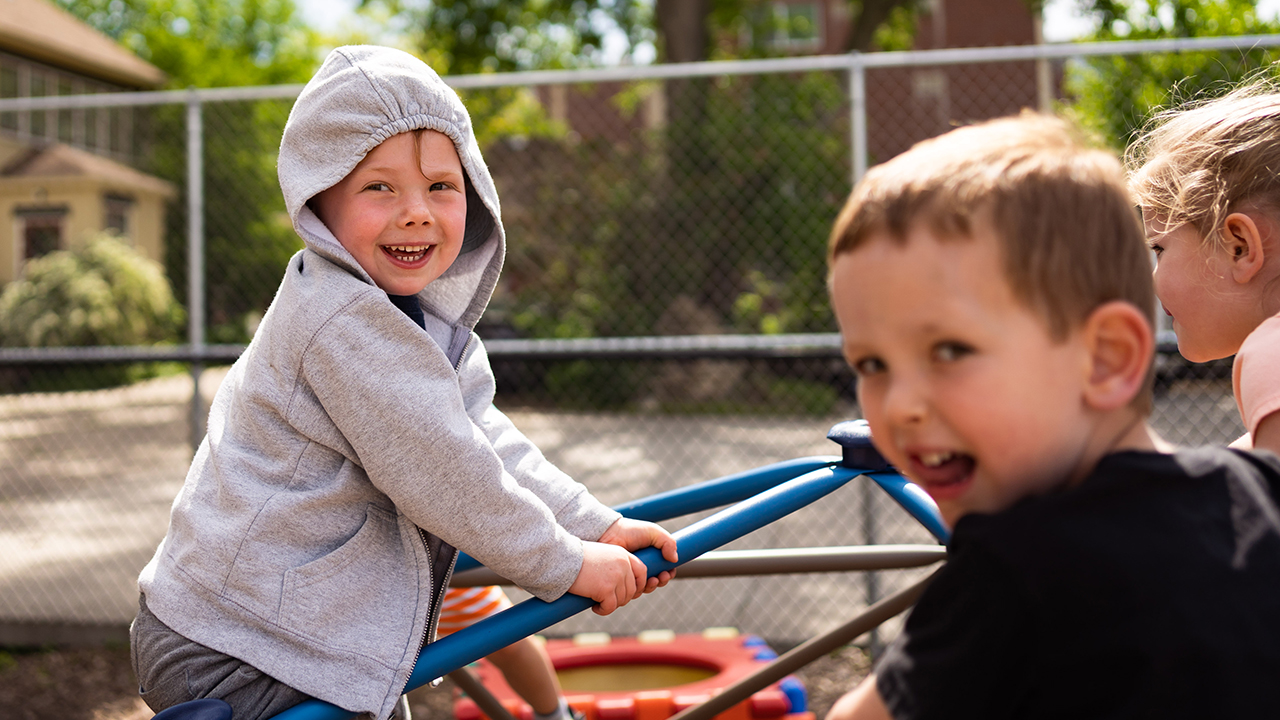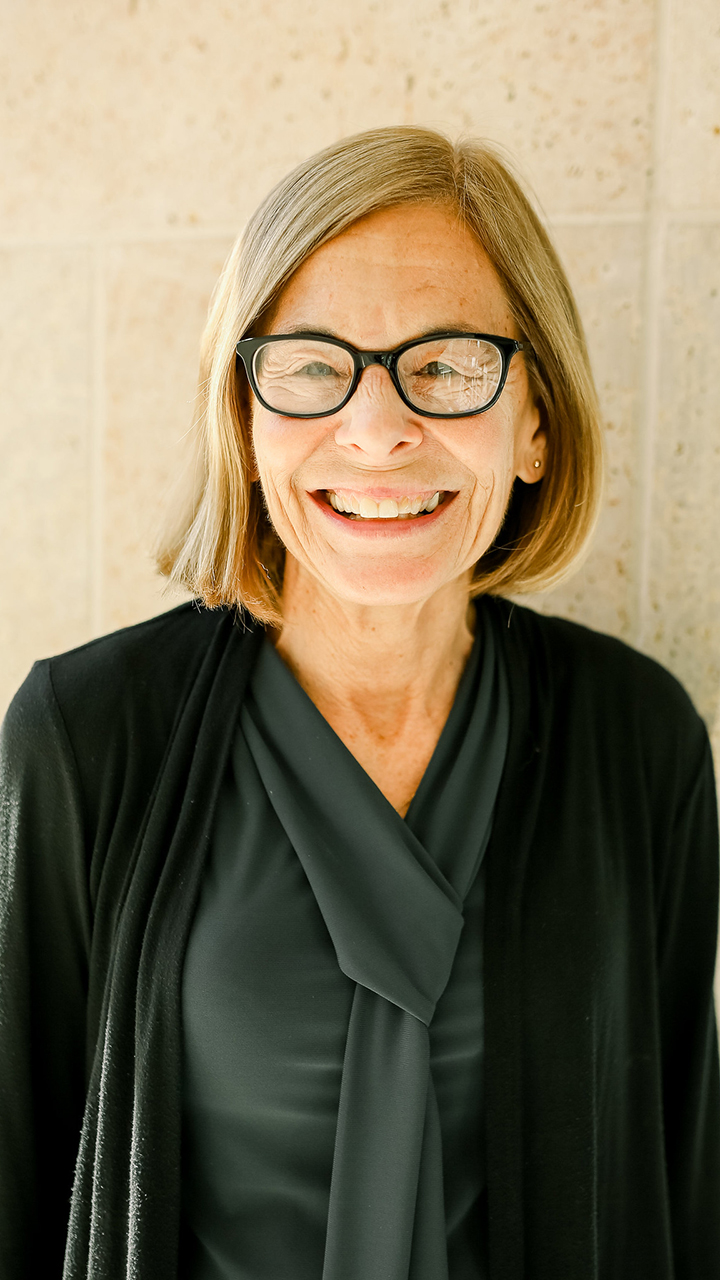As the Winona area eases back into a sense of normal, the impacts of the pandemic on children’s social and emotional development skills are becoming noticeable.
“What we’re finding are significant delays in the social and emotional skills typically seen in young children,” said Karen Sullivan, Director of Winona State University’s Children’s Center.
Sullivan, who has worked for the Children’s Center for eight years and was recently hired as the director, said much of the delay they’re seeing trend in children is related to managing in a group setting.
As licensed and trained teachers, almost all of whom graduated from WSU’s renowned teaching education program, Sullivan and her staff of seven Early Childhood teachers are well versed in knowing the stages, ages, and benchmarks for children’s development.
As a team, caring for 66 children ranging from infants to school age, Sullivan and the teachers are focusing on helping meet the sudden increase in need of support for social and emotional development by using everyday moments as opportunities for strengthening skills.
Much of what they’re seeing, Sullivan said, is a lack of skills in group play, sharing, and knowing how to interact with other children, along with a preference for being around adults rather than their peers.
“For kids who haven’t participated in group care, or who took a break, being in a group of children is overwhelming for them,” Sullivan said.
Depending on each child’s environment during the pandemic, the impacts that are being seen vary. Some children only saw their family and weren’t as exposed to seeing how other families interact with each other or how other people behave, which is an essential part of development, Sullivan said.

Other children, especially those who had parents working from home while caring for them, spent more time than they normally would with devices, which didn’t offer them the back-and-forth interaction that conversations and socializing gives.
There’s also the impact of not having been able to see the faces of others as they develop, Sullivan said.
“I was talking to a woman the other day who said her grandson has yet to smile because all of his main caregivers have been masked,” Sullivan said. “A baby learns to smile because others are smiling at them.”
Within the Children’s Center, which has six classrooms and outdoor spaces that are designed with learning and growing in mind, Sullivan and her staff have worked to modify their environments to meet the needs of the children by starting in small groups and then gradually expanding as socializing and group play skills emerge.
Another way teachers are focusing on skills that are delayed is by teaching language to help children express big emotions and feelings–especially when they’re feeling overwhelmed. Sometimes that’s by interpreting signs the children are giving through behavior and using those opportunities to teach new skills.
“Teachers as heads of classrooms have that foundational layer of knowing child growth and development,” Sullivan said. “They get to know the children, and they can see when they’re ready for that next step of development and they can tailor the environments or activities differently for each child.”
Sullivan said parents shouldn’t blame themselves or feel hopeless if they’re noticing lacks in their child’s development of social and emotional skills.
Sullivan gave some tips to help
1) Give language to fears, concerns, and feelings by naming what they are.
By naming it, it brings the situation or feelings out into the open where children can process it with an adult.
2) Provide opportunities for children to interact with others.
That might be during a playdate or even by people-watching and noticing how others behave.
3) Breathe, and not try to fix everything at once.
“It goes back to what they say on airplanes before takeoff: we as the adults need to put the oxygen mask on first, so we can be present to take care of our children,” Sullivan said. “It’s okay to make changes within the realm of what we can manage and truly take it one day at a time.”

Sullivan said children and adults have a long way to go in healing from the trauma of the pandemic, but predictable routines and consistency will allow children to feel some comfort and safety, especially in the formative years of early childhood.
“We’ve communicated with our children consciously and unconsciously to be cautious,” Sullivan said. “With the pandemic, children are seeing and hearing that the world is not a safe place and that scares the heck out of children.”
For now, Sullivan and teachers are focusing on helping children learn how to regulate feelings and how to interact, as well as instill a feeling of belonging and connectedness within the kids they work with.
“Together, alongside schools and parents, we are all raising these children together,” Sullivan said. “Now more than ever it takes a village.”
